Dawn Chorus: The birds, the bees, the jaguars, and the orb-weaver spiders –everything you need to know about love in the animal kingdom
Plus a look at one of London's best pubs, counting birds in the countryside, and the urban foxes of London.
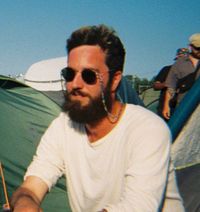
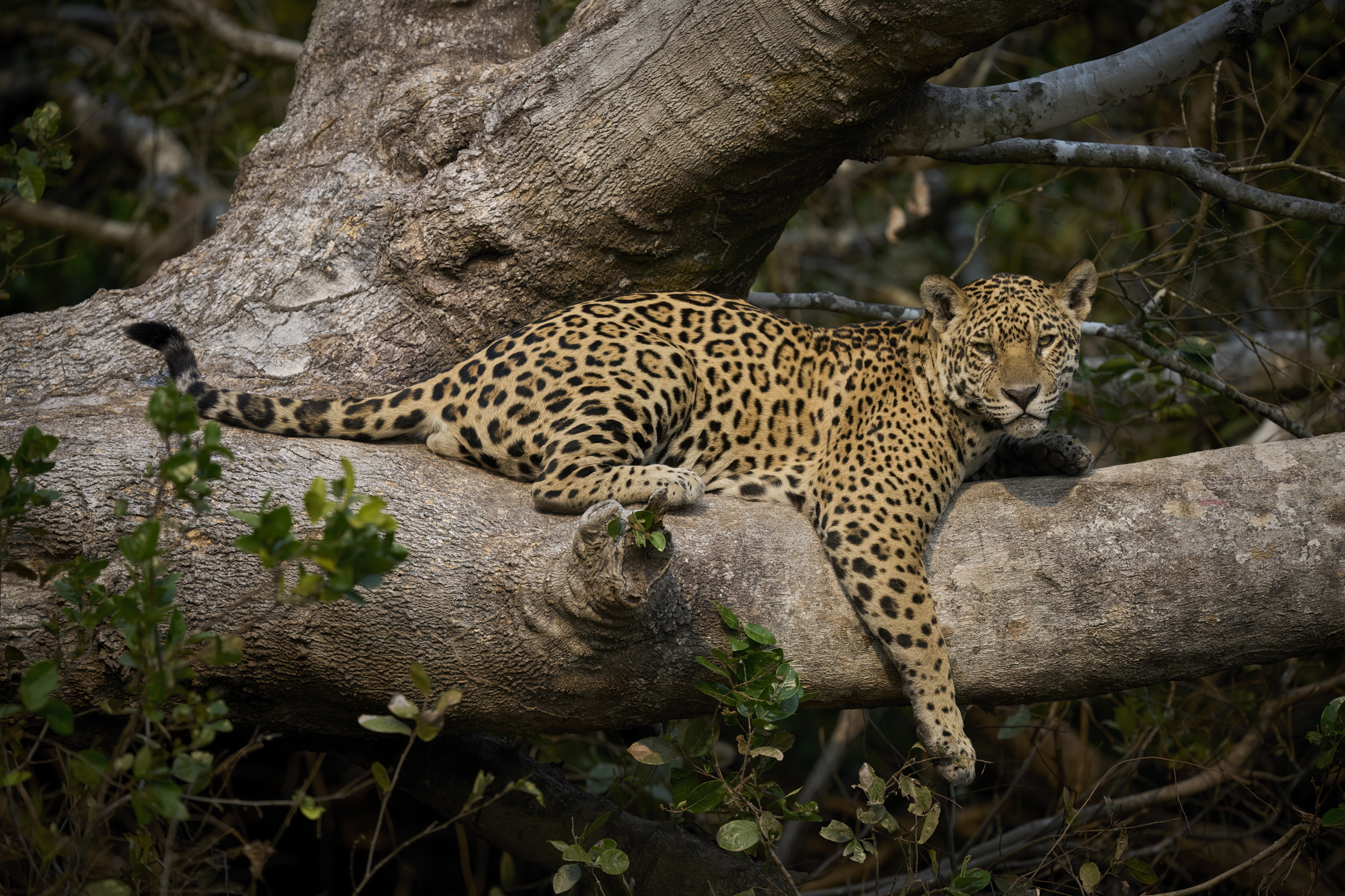
Social Nesting, sex and sacrifice
It is, if you have somehow not noticed, Valentine’s day, which means it is time to talk about love. When it comes to love, human beings can be rather boring. Chocolates, flowers, a nice restaurant — in the grand scheme of the animal kingdom, it is all rather vanilla. Helpfully, the World Wide Fund for Nature (WWF) has shared some information about how other species ‘get it on’. Informational purposes only. Do not attempt any of this at home.
If you are a male orb weaver spider, life is difficult. You are much smaller than the females, and yet biology drives you to mate with one. You approach her slowly, with delicate taps of the web to gauge interest. If this upsets her, you will be torn to pieces and eaten.
But if it doesn’t, you can mate with her. After which, you will be torn to pieces and eaten. Mother needs the nutrients for her offspring, which may number between dozens and hundreds of hatchlings. Bad luck chap.
You might wish for the sweet relief of death if you have been mating up to 100 times a day, which is apparently the upper limit for the jaguars Gishkopi (‘Brave’) and Ksuru (‘Lightning’). Currently under observation in the wild by WWF Peru, the pair courted for a week, which involved lots of roaring, growling and nasal snuffling. So far, no cubs have been seen, but we hold out hope.
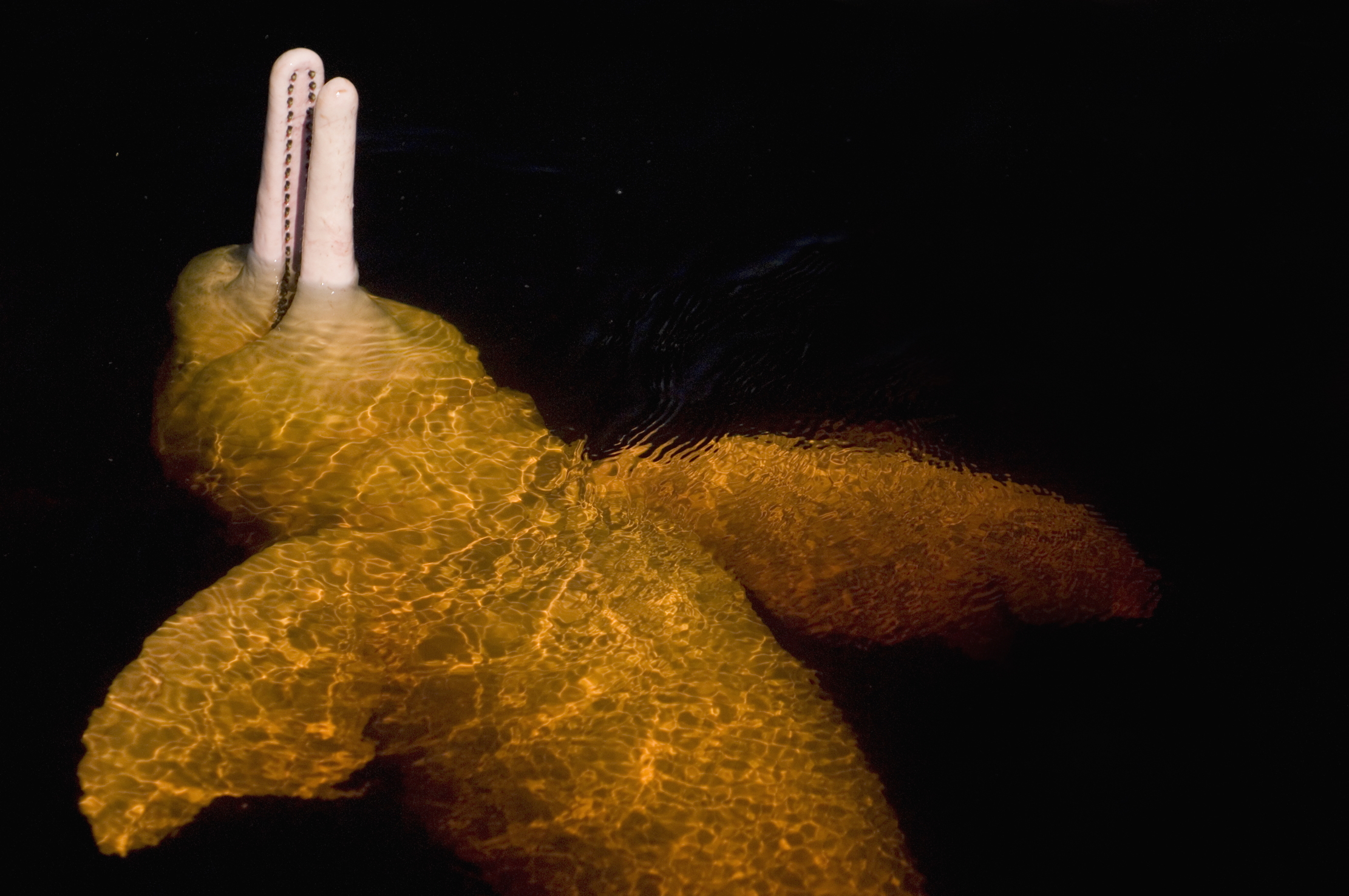
Dolphins are similar to humans in lots of ways. When the time comes for the Amazon river dolphins to pair up, gifts are involved. Petrol-station carnations and a box of Cadbury Roses are replaced by sticks, rocks and, apparently a live turtle. I would like a turtle as a gift, but my partner won’t allow me to have one. I digress.
Slightly closer to home is the long-tailed tit. They behave just as sweetly as they look, the WWF reassures. After a period of socialising over winter, it is around today that they pair off to raise some young. Nests can take up to three weeks to make, and between 6-8 eggs are usually laid. When hatching time comes, it’s not just the parents who tend to the young, but neighbours and relatives too. As they say, it takes a whole village to raise a family.
Exquisite houses, the beauty of Nature, and how to get the most from your life, straight to your inbox.
New Library, same Hero

The many folks of London have been aware of the stellar establishment that is The Hero in Maida Vale for some time. It truly is one of London’s best pubs; David Ellis of The Standard said it might be the most beautiful in the world. Our head of digital content, Rosie Paterson, said: 'It's great. The seats are slightly too small so you wiggle around a lot, but there's a great atmosphere and the live music is really good fun/well chosen.'
Recently announced is the opening of The Library on the pub’s second floor, which aims to re-create ‘the timeless ambience of an old-world club’, with nice cocktails, vinyl DJs and plenty of good books. We’re excited to check it out.
Counting the birds
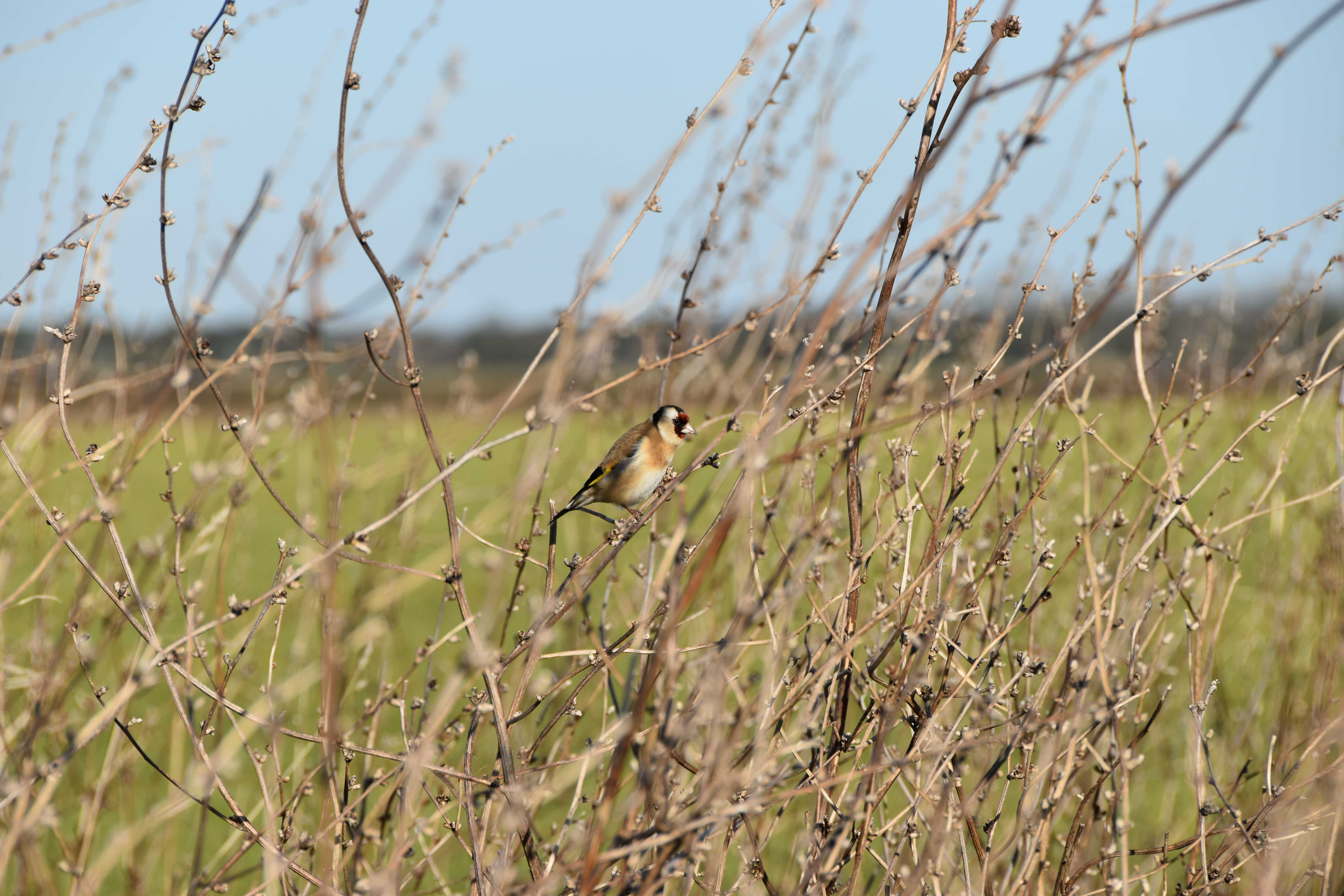
Keep your eyes peeled for a goldfinch on your morning or afternoon walk.
Now is the time to head outdoors and watch the birds, says the GWCT, as it the latest edition of the Big Farmland Bird Count is underway. Launched last week by Adam Henson, the initiative asks the public to help wildlife organisations track and analyse bird populations, so that they can understand which species need our help and where. After all, farmland bird populations have already declined by 63% in the past 50 years. For more information and to get involved, click here.
London's most cunning
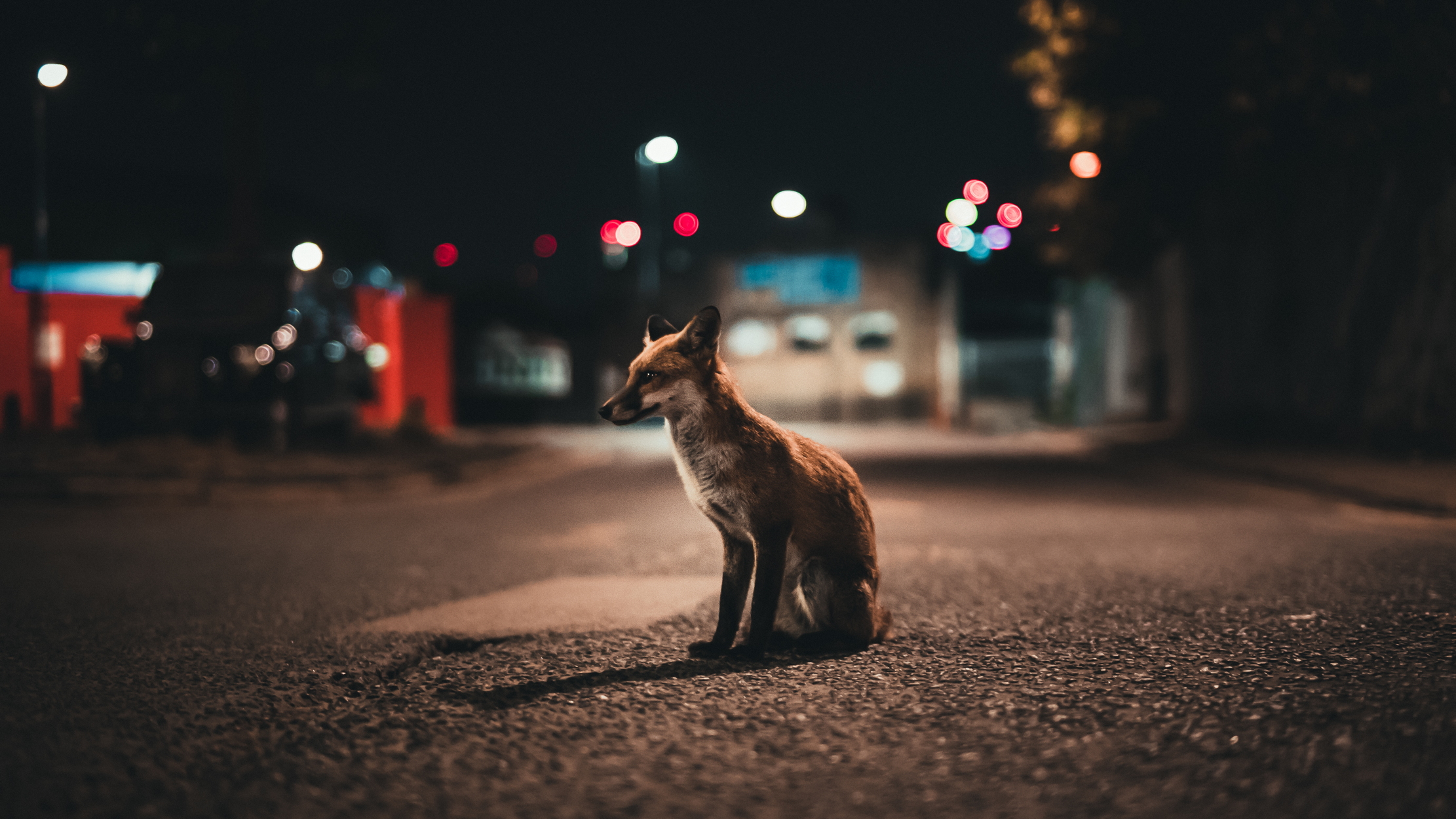
When it comes to the perfect blend of town and country, perhaps few are better in their fields (excuse the pun) than Patrick Galbraith. He’s written a wonderful piece on the other animal that loves to inhabit both environs, the fox. Click the image to have a read.

James Fisher is the Digital Commissioning Editor of Country Life. He writes about motoring, travel and things that upset him. He lives in London. He wants to publish good stories, so you should email him.